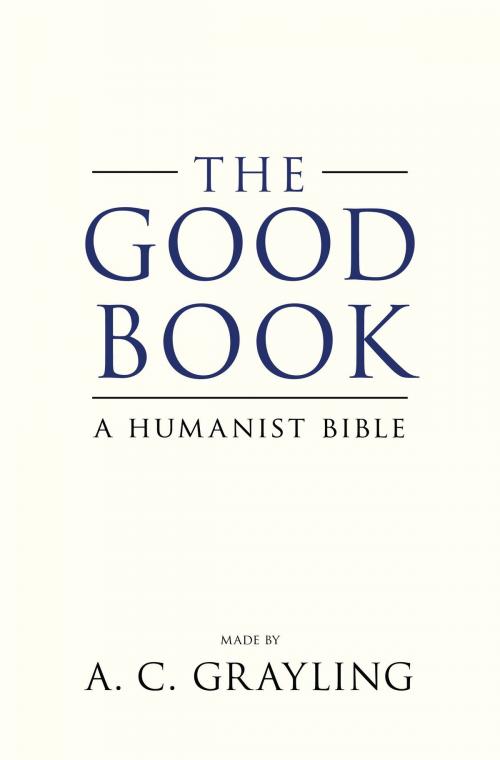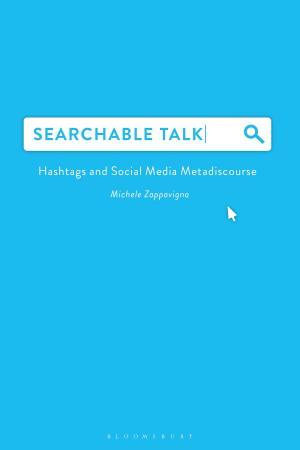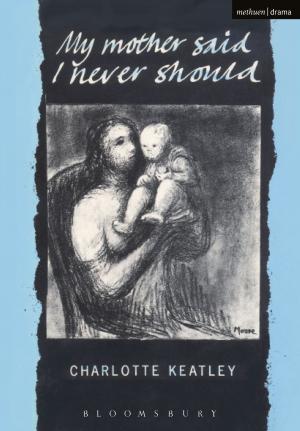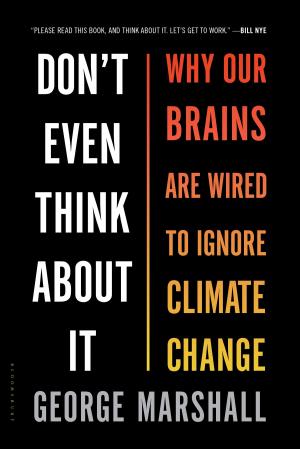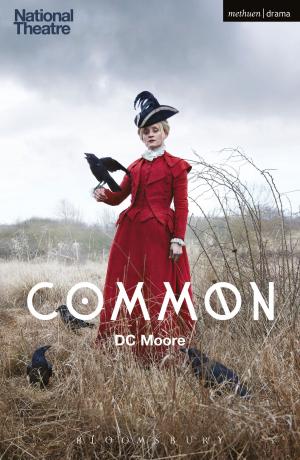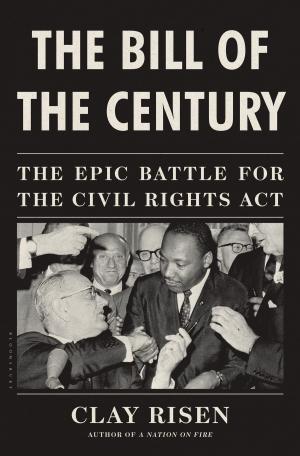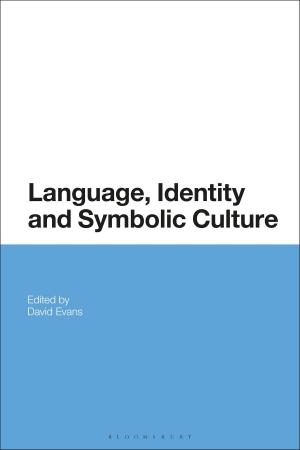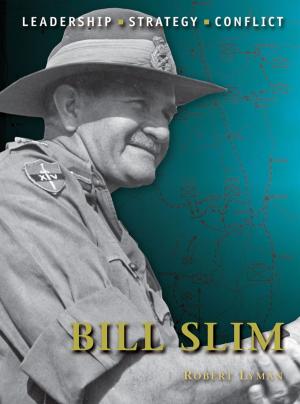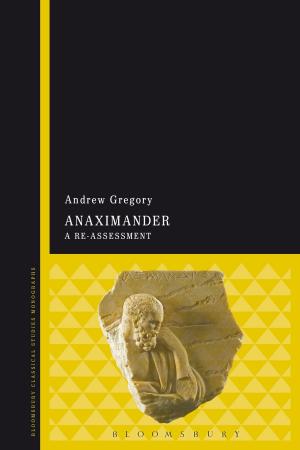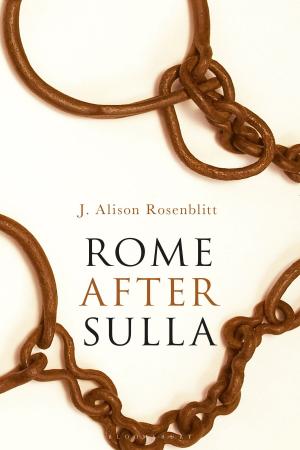The Good Book
A Humanist Bible
Nonfiction, Reference & Language, Reference, Almanacs & Trivia, Questions & Answers, Religion & Spirituality, Philosophy| Author: | Professor A. C. Grayling | ISBN: | 9780802778383 |
| Publisher: | Bloomsbury Publishing | Publication: | April 5, 2011 |
| Imprint: | Bloomsbury USA | Language: | English |
| Author: | Professor A. C. Grayling |
| ISBN: | 9780802778383 |
| Publisher: | Bloomsbury Publishing |
| Publication: | April 5, 2011 |
| Imprint: | Bloomsbury USA |
| Language: | English |
Few, if any, thinkers and writers today would have the imagination, the
breadth of knowledge, the literary skill, and-yes-the audacity to
conceive of a powerful, secular alternative to the Bible. But that is
exactly what A.C. Grayling has done by creating a non-religious Bible,
drawn from the wealth of secular literature and philosophy in both
Western and Eastern traditions, using the same techniques of editing,
redaction, and adaptation that produced the holy books of the
Judaeo-Christian and Islamic religions. The Good Book consciously
takes its design and presentation from the Bible, in its beauty of
language and arrangement into short chapters and verses for ease of
reading and quotability, offering to the non-religious seeker all the
wisdom, insight, solace, inspiration, and perspective of secular
humanist traditions that are older, far richer and more various than
Christianity. Organized in 12 main sections----Genesis, Histories,
Widsom, The Sages, Parables, Consolations, Lamentations, Proverbs,
Songs, Epistles, Acts, and the Good----The Good Book opens with
meditations on the origin and progress of the world and human life in
it, then devotes attention to the question of how life should be lived,
how we relate to one another, and how vicissitudes are to be faced and
joys appreciated. Incorporating the writing of Herodotus and Lucretius,
Confucius and Mencius, Seneca and Cicero, Montaigne, Bacon, and so many
others, The Good Book will fulfill its audacious purpose in every way.
Few, if any, thinkers and writers today would have the imagination, the
breadth of knowledge, the literary skill, and-yes-the audacity to
conceive of a powerful, secular alternative to the Bible. But that is
exactly what A.C. Grayling has done by creating a non-religious Bible,
drawn from the wealth of secular literature and philosophy in both
Western and Eastern traditions, using the same techniques of editing,
redaction, and adaptation that produced the holy books of the
Judaeo-Christian and Islamic religions. The Good Book consciously
takes its design and presentation from the Bible, in its beauty of
language and arrangement into short chapters and verses for ease of
reading and quotability, offering to the non-religious seeker all the
wisdom, insight, solace, inspiration, and perspective of secular
humanist traditions that are older, far richer and more various than
Christianity. Organized in 12 main sections----Genesis, Histories,
Widsom, The Sages, Parables, Consolations, Lamentations, Proverbs,
Songs, Epistles, Acts, and the Good----The Good Book opens with
meditations on the origin and progress of the world and human life in
it, then devotes attention to the question of how life should be lived,
how we relate to one another, and how vicissitudes are to be faced and
joys appreciated. Incorporating the writing of Herodotus and Lucretius,
Confucius and Mencius, Seneca and Cicero, Montaigne, Bacon, and so many
others, The Good Book will fulfill its audacious purpose in every way.
